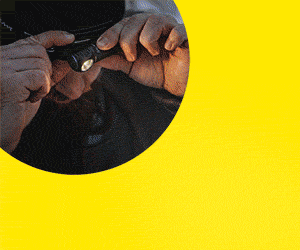1MG FlippingBooks
Low-methane cows tackle emissions
Cattle can be bred to emit less methane, according to the latest research from the Davies Research Centre at the University of Adelaide , with the methane-reduced cows potentially more efficient than their counterparts.
Researchers analysed the microbiomes in fluid samples taken from the stomachs of 1000 cows. They also measured the cows’ feed intake, milk production, methane production and other biochemical characteristics. Their findings reveal that an individual cow’s genetics strongly influence the make-up of the microorganisms in its rumen, the first stomach in its digestive system.
“What we showed is that the level and type of methane-producing microbes in the cow is to a large extent controlled by the cow’s genetic makeup,” says project leader Professor John Williams from the University of Adelaide’s School of Animal and Veterinary Sciences. “This means that we could select for cattle which are less likely to have high levels of methane-producing bacteria in their rumen.”
This potentially signals a new way to tackle greenhouse gas emissions and global warming. Cattle currently contribute 37 percent of the methane emissions resulting from human activity and, on average, a single cow produces between 70 and 120kg of methane per year.
“Previously we knew it was possible to reduce methane emissions by changing the diet,” Professor Williams says. “But changing the genetics is much more significant – in this way we can select for cows that permanently produce less methane.”
However, Professor William notes that breeding for low-methane cattle depends on selection priorities and whether other desired characteristics such as meat quality, milk production and disease resistance are compromised.
“It depends on what else we are selecting for, and the weighting that is placed on methane – that’s something that will be determined by industry or society pressures,” he says.
The study also found a correlation between the cows’ microbiomes and milk production efficiency, although this was not investigated in detail.
“We don’t yet know, but if it turned out that low-methane production equated to greater efficiencies of production – which could turn out to be true given that energy is required to produce the methane – then that would be a win, win situation,” Professor Williams says.
To find out about other methane reduction initiatives, click here.















